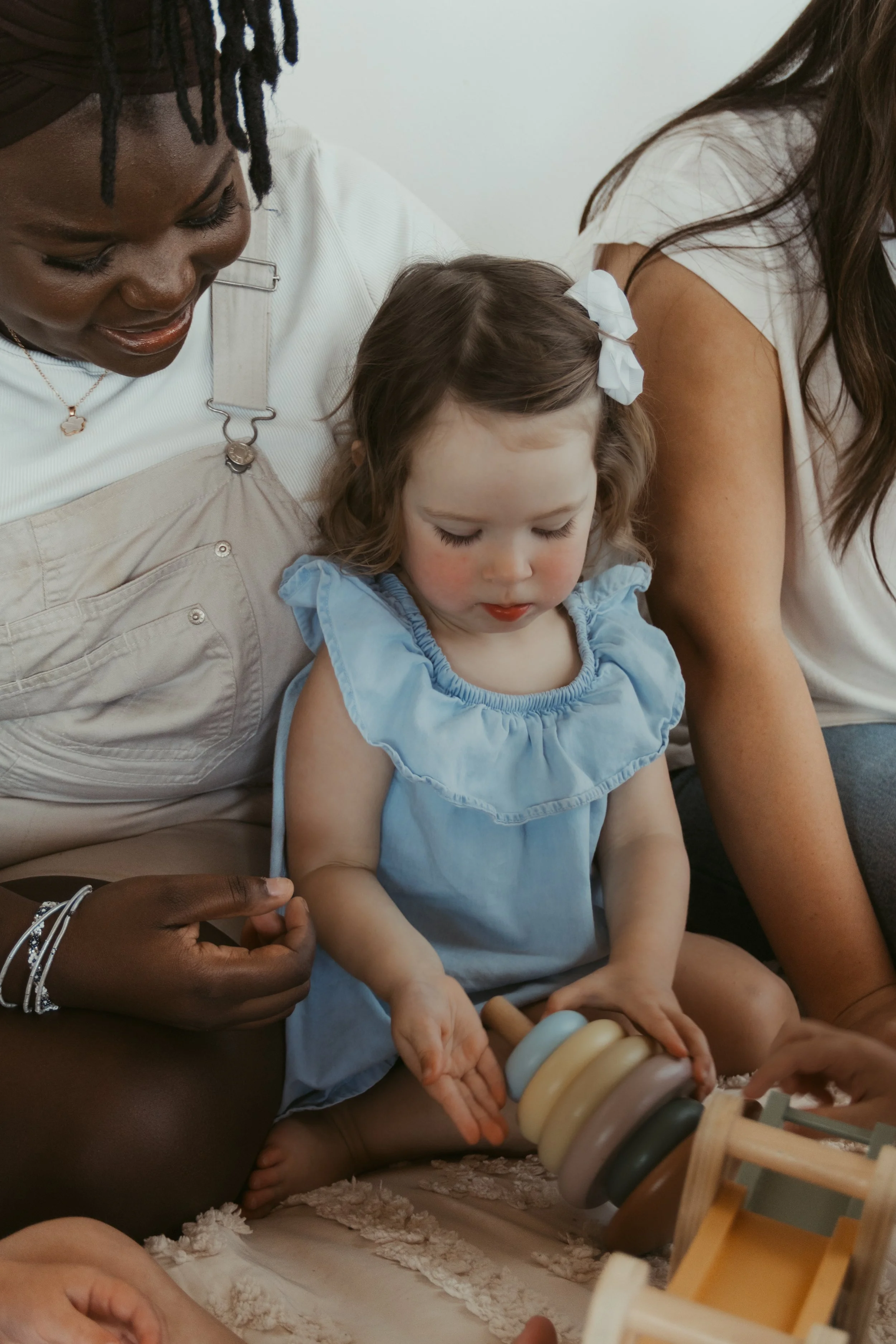
We are the village by connecting families with caregivers who feel like home.
Rooted in culture. Driven by care.
Rooted in culture. Driven by care.
WHO ARE WE?
About Us
At AMA Village Care, we believe that childcare should feel like family — built on trust, shaped by culture, and filled with heart.
Founded by two women from American, European, and Mexican heritage, our agency was born from the shared belief that every child deserves not only high-quality care but meaningful connection. We offer in-home childcare solutions that go beyond the basics, creating enriching experiences for families and caregivers alike through cultural exchange and mutual respect.
We don’t just place nannies — we match families with caregivers who feel like home.
Whether you're a parent seeking support or a caregiver looking for purpose, AMA Village Care is here to guide your journey. Together, we’re building something beautiful: a community where children thrive, families feel supported, and caregivers are empowered to grow.
Our Mission
To provide families with trusted, high-quality in-home childcare through meaningful cultural exchange, while empowering caregivers with life-changing experiences, professional growth, and a supportive global community.
Our Values
Trust & Safety
Diversity & Cultural Connection
Nurturing, Home-Based Care
Respect, Empowerment & Belonging
What does AMA mean?
AMA pronounced: “AH-ma”
"AMA" is a word that transcends borders and generations, carrying deep meaning in many cultures as a symbol of love, care, and guidance. In some languages, it means mother or grandmother, the heart of the family. Across generations, the word evokes a sense of home, protection, and connection. In others, it refers to strength and support, like the outrigger that steadies a canoe. At its core, "AMA" represents the nurturing spirit that holds communities together. At AMA Village Care, we draw from these powerful meanings to create modern villages rooted in connection, cultural respect, and the timeless value of care.
Meanings of "AMA" Across Languages & Cultures
Japanese (海女 / あま - Ama)
Refers to traditional female pearl divers, known for their strength, endurance, and deep connection to nature and the sea. Symbolizes resilience and feminine power.Basque (Spain/France) – Ama
Directly means "mother". A deeply respected and central figure in Basque families and traditions.Korean (아마 - Ama)
While not a direct word for mother, "ama" is phonetically close to "eomma" (엄마), a warm, informal term for mom.Tagalog (Philippines) – Ama
Means "father", highlighting the term’s broader use across cultures as a title of parental respect.Chinese (Mandarin/Cantonese) – Ama / A-ma
In some dialects, Ama or A-ma means "grandmother" or elder woman, often a nurturing, respected presence in the family.Samoan/Tongan/Polynesian
Ama can refer to a stabilizing outrigger on a canoe—symbolizing support, balance, and protection—a powerful metaphor for caregivers.Latin Roots – Amare
The root “ama” comes from "amare," the Latin word for "to love"—linking the term to care, compassion, and emotional connection.


